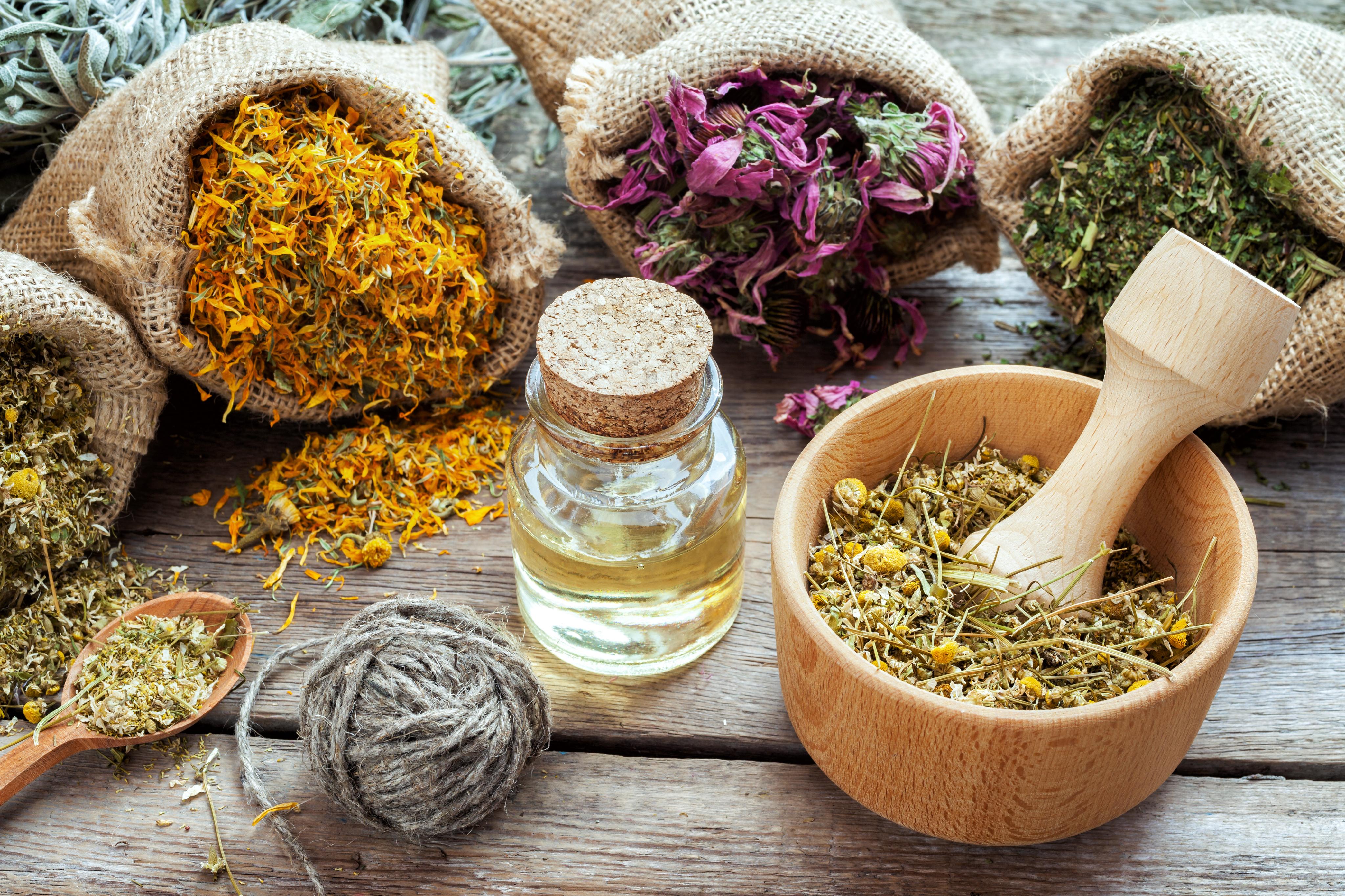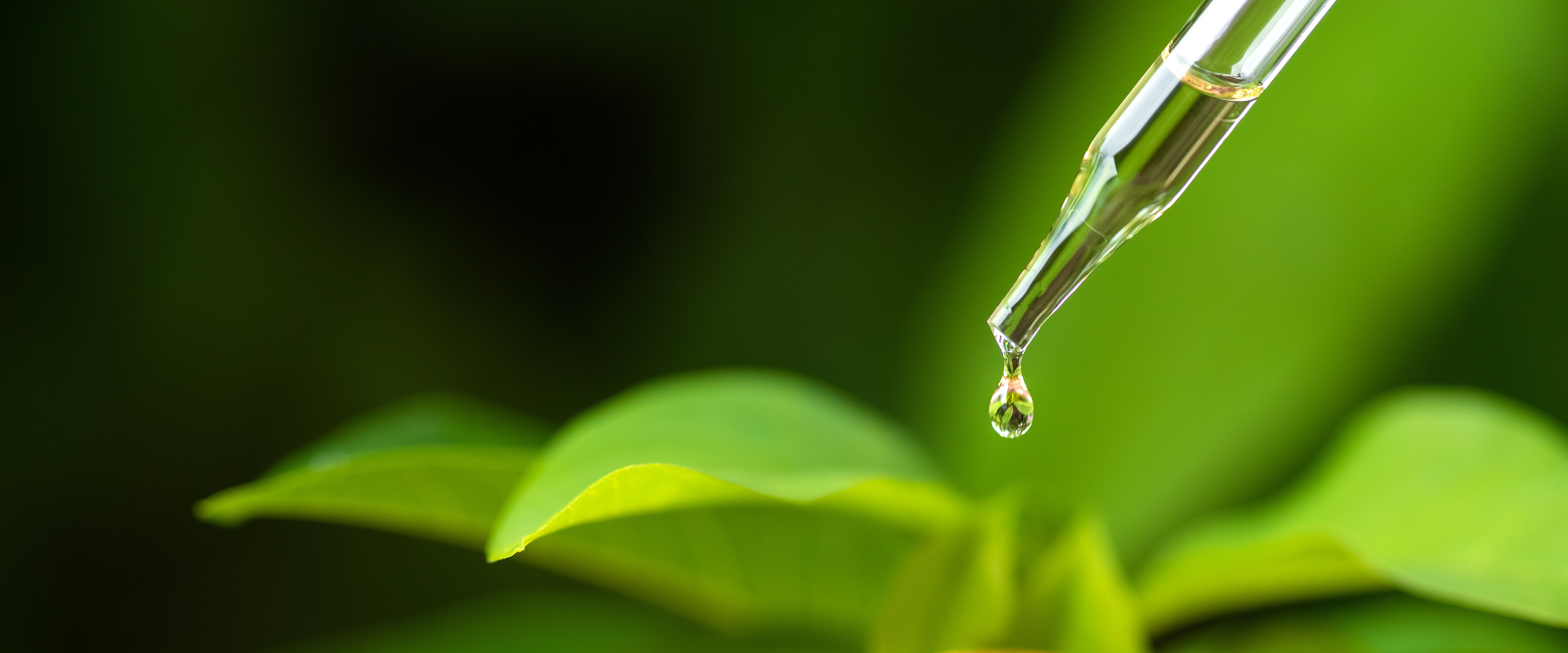Terms and Conditions
Welcome to rebelherbs.com ( the "Site"), operated by Rebel Herbs, Inc. (the "Company," "we," or "us"). The Company offers the Site conditioned upon your acceptance of these Terms of Use (these "Terms"), and your continued use of the Site constitutes your agreement to these Terms. If you do not wish to be bound by these Terms, do not use the Site.
Your License to Access the Site
The content, information, software, designs, and data included in the Site (the "Content") are protected by intellectual property and other laws. You must comply with these and any other applicable laws when you use the Site.
Unless indicated to the contrary, you may use the Site only for personal, non-commercial use. In connection with these uses, you may access, copy, download and print the Content made available on the Site, provided that you do not modify or delete any copyright or other notice that appears on the Content.
We reserve all rights in the Content and the Site that we do not specifically grant in these Terms. Without limitation, you may not modify, distribute, transmit, perform, broadcast, publish, license, reverse engineer, transfer or sell, or create derivative works from, the Site or any Content unless you obtain our prior written approval. You also may not use the Site in a way that could harm us or any third party. For example, you may not use the Site in a way that could:
- damage or interfere with the proper working of the Site;
- intercept any Content or information that we have not intentionally made available to you or defeat any access controls that we have implemented;
- give you access to the Site or Content using any interface other than the interface that we provide, or attempt to "scrape" or "harvest" Content, except if you use a "robot" program in connection with a bona fide internet search engine and we do not instruct you not to access the Site using that program;
- frame the Site, display any Content in connection with an unauthorized logo or mark, or do anything that could suggest falsely a relationship between us and any other party;
- convey unauthorized claims about the curative or health enhancing effects of our products or suggest that we have made such claims; or
- otherwise adversely impact the operation of the Site, the Company, or any third party
In addition to our other legal rights, we may limit or terminate your license to use the Site, or certain features of the Site, at any time and for any reason, without prior notice to you including our belief you violated these Terms.
Registration and Access Restrictions
You are required to register with us to use certain features of the Site. You agree to (a) provide true, accurate, current and complete information about yourself when we request it; (b) maintain and promptly update this information to keep it true, accurate, current and complete to the extent the Site permits such updates; and (c) use limited-access portions of the Site only using access credentials that we have issued to you.
Privacy
Our Privacy Policy describes our practices with regard to personal information that we collect through the Site. The Privacy Policy is incorporated into these Terms by reference, and by using the Site you agree to our use of any information that we collect from you in conformance with our Privacy Policy.
User Submissions
The Site may allow you to submit or transmit audio, video, text, or other materials (collectively, "user submissions") to or through the Site. When you provide user submissions, you grant to the Company a nonexclusive, royalty-free, perpetual, worldwide, irrevocable and fully sublicensable right to use, reproduce, modify, adapt, publish, translate, create derivative works from, distribute and display such content throughout the world in any media, whether now known or hereafter invented, including for commercial or marketing purposes, and to use your name or likeness alone or in connection with such uses.
Except as provided in our Privacy Policy, we do not guarantee that user submissions will be private, even if the user submission is in a password-protected area. Accordingly, you should not provide user submissions that you want protected from disclosure. By providing user submissions through the site, you represent, warrant and covenant that you own those user submissions or otherwise have the right to grant to us the rights described in this section. You further represent, warrant and covenant that the user submissions:
- will be accurate and will comply with these Terms;
- will not cause injury to any person or entity, including as used by us in accordance with these Terms;
- will not include medical or other professional advice;
- will not be false, fraudulent, libelous, defamatory, sexually explicit, obscene, threatening, invasive of privacy or publicity rights, abusive, illegal or otherwise objectionable;
- will not constitute or encourage a criminal offense, violate the rights of any party, including intellectual property rights, or otherwise give rise to liability or violate any law;
- will not contain software viruses, political campaigning, chain letters, mass mailings, or any form of "spam"; and
- will not contain advertising or other commercial material, except with our prior written consent
We may refuse or remove a user submission without notice for any reason, including our belief that a user submission may violate these Terms or be otherwise objectionable. However, we have no obligation to monitor user Submissions, and you agree that neither we nor our employees or agents will be liable for user submissions or any loss or damage to you and any other person or entity resulting from user submissions.
Links to Third Party Site
The Site may contain links to other sites that are not operated by our family of companies. These links are provided as a convenience to you. However, we do not represent that we have endorsed or evaluated the information on those other sites. Your relationship with the operators of these third-party sites is governed by the terms and conditions and privacy policy, if any, of those sites, and not by these Terms. Therefore, you should review those documents before using the third-party services.
Copyright Infringement Notice
We respect the intellectual property rights of others. If you believe that Content on the Site violates your copyright, please send us a notice using the following contact information:
Rebel Herbs, Inc.PO Box 353Bloomfield, IN 47424 Email: info@rebelherbs.comTelephone: 812-762-4400
This contact information is only for notices of copyright infringement. Contact information for other matters is listed at the end of these Terms. Your notice must include:
- a physical or electronic signature of a person authorized to act on behalf of the owner of an exclusive right that is allegedly infringed;
- identification of the copyrighted work claimed to have been infringed, or, if multiple copyrighted works at a single online site are covered by a single notification, a representative list of such works at that site;
- identification of the material that is claimed to be infringing or to be the subject of infringing activity and information reasonably sufficient to permit us to locate the material;
- information reasonably sufficient to permit us to contact the complaining party;
- a statement that the complaining party has a good-faith belief that use of the material in the manner complained of is not authorized by the copyright owner, its agent, or the law; and
- a statement that the information in the notification is accurate, and under penalty of perjury, that the complaining party is authorized to act on behalf of the owner of an exclusive right that is allegedly infringed.
Upon receipt of a notice of claimed infringement that satisfies these requirements (or any statement in conformance with 17 U.S.C. § 512©(3)), we will act expeditiously to remove or disable access to any Content that is claimed to be infringing upon the copyright of any person under the laws of the United States and will terminate the access privileges of those who repeatedly infringe on the copyrights of others. United States law imposes substantial penalties for falsely submitting a notice of copyright infringement.
Disclaimers
Your use of the Site is at your sole risk. The Site is provided on an "as is" and "as available" basis. We reserve the right to restrict or terminate your access to the Site or any feature or part thereof at any time. We expressly disclaim all warranties of any kind, whether express or implied, including the implied warranties of merchantability and fitness for a particular purpose and any warranties that materials on the Site are non-infringing, as well as warranties implied from a course of performance or course of dealing; that access to the Site will be uninterrupted or error-free; that the Site will be secure; that the Site or the servers that makes the Site available will be virus-free or otherwise free of harmful components; or that information on the Site will be complete, accurate or timely. If you download any materials from the Site, you do so at your own discretion and risk. You will be solely responsible for any damage to your computer system or loss of data that results from the download of any such materials. No advice or information, whether oral or written, obtained by you from us or through or from the Site will create any warranty of any kind. We do not make any warranties or representations regarding the use of the materials on the Site in terms of their completeness, correctness, accuracy, adequacy, usefulness, timeliness, reliability or otherwise.In certain states, the law may not permit the disclaimer of warranties, so the above disclaimer may not apply to you.
Limitation of Liability
To the greatest extent permitted by applicable law, neither we, nor our suppliers or third party content providers, will be liable for any direct, indirect, punitive, exemplary, incidental, special, consequential or other damages arising out of or in any way related to: (1) the Site (including any delay or inability to use the Site), (2) any information, products or services advertised in or obtained through the Site, or (3) our removal or deletion of any materials submitted or posted on the Site, whether based on contract, tort, strict liability or otherwise, even if we or any of our suppliers have been advised of the possibility of damages. Your sole and exclusive remedy for any claims or disputes involving us that are not waived by these Terms will be to discontinue your use of the Site.
Indemnification
You agree to indemnify, defend and hold harmless the Company and its officers, directors, employees, contractors, agents, licensors, service providers, subcontractors and suppliers from and against any and all losses, liabilities, expenses, damages and costs, including reasonable attorneys' fees and court costs, arising from or in connection with your use of the Site or our products or services or any violation or alleged violation by you of these Terms or applicable law. We reserve the right, at our own expense, to assume exclusive defense and control of any matter otherwise subject to indemnification by you and, in such case, you agree to cooperate with us in the defense of such matter. You may not settle any claim covered by this Section or admit any liability on the part of the Company without the Company's prior written approval.
Jurisdiction and Venue
The laws of the State of Indiana govern these Terms and any dispute of any sort that may arise between you and the Company or its affiliates, without regard to conflict of laws rules, as if entered into by residents of Indiana and fully performed therein. You irrevocably consent to the jurisdiction of the state and federal courts located in or serving Greene County, Indiana for any action relating to the Site or these Terms. Notwithstanding any other provision of these Terms, we may seek injunctive or other equitable relief from any court of competent jurisdiction.Regardless of any statute or law to the contrary, you must file any claim or action related to use of the Site or these Terms within one year after such claim or action accrued. Otherwise, you will waive the claim or action.
Changes to These Terms of Use
We reserve the right, in our sole discretion, to change these Terms at any time by posting revised terms on the Site. It is your responsibility to check periodically for any changes we may make to these Terms. Your continued use of the Site following the posting of changes to these terms or other policies means you accept the changes.
Entire Agreement; Severability; No Waiver
These Terms, together with the Privacy Policy incorporated within them by reference and any policies that we post on the Site, constitute the entire agreement of the parties with respect to the subject matter hereof and supersede all prior or contemporaneous communications and proposals, whether oral or written, between the parties with respect to such subject matter. If any provision of these terms is deemed unlawful, void or unenforceable, the remaining provisions will remain in place and the invalidated provision will be deemed replaced by an enforceable provision that most closely reflects the intent of the parties.
Our failure to exercise or enforce any right or provision in these Terms will not constitute a waiver of that right or provision or any other rights or provisions included within the Terms.




